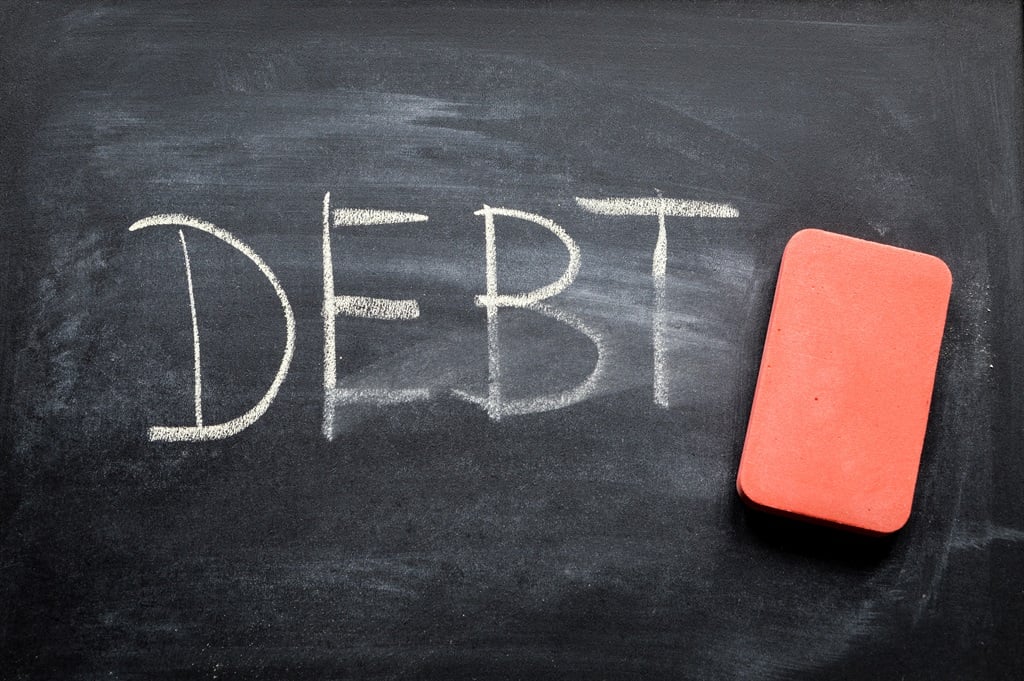
African countries may seek to exchange their sovereign debt for new concessional paper to avoid using funds needed to battle the fast-moving Covid-19 coronavirus pandemic to pay private creditors, according to a UN body.
The African Union (AU), the UN Economic Commission for Africa (Uneca) and a group of finance ministers from the continent are designing a special-purpose vehicle for the swap.
The mechanism would be underwritten by a triple-A-rated multilateral lender or central bank, and be used to convert commercial debt into longer-maturity paper with a five-year grace period and lower coupons, according to Uneca.
Years of borrowing at relatively low cost amid record low rates in developed nations have left many governments – especially in Africa – spending more on debt-service costs than on health.
With economies in free fall as Covid-19 shuts down businesses and halts trade, African countries and others around the developing world are ramping up stimulus, which may increase debt levels further.
“Bondholders should in principle be eager to participate because they will give up an obligation that is illiquid for triple-A paper that you can put in any basket,” Uneca’s executive secretary, Vera Songwe, said.
“We don’t want Africa to go into default, let’s be clear.”
Songwe said she was working on the proposal to pause about $16.25 billion (R304.479 billion) in commercial debt payments this year with the backing of finance ministers, including Ghana’s Ken Ofori-Atta. Ofori-Atta didn’t answer Bloomberg’s calls to his cellphone.
Such a proposal would need agreement of bondholders to proceed.
So far, no African government has publicly said it wants to waive payments on Eurobonds or change the terms, although Zambia has mandated banks to undertake what it termed “liability management”.
Read: Africa must pull together to beat Covid-19 fallout
The Group of 20 leading economies agreed earlier this month to suspend $20 billion in bilateral debt payments from the world’s poorest countries – many of which are in Africa – until the end of the year.
However, calls for bondholders to offer a similar waiver face complex negotiations and possible challenges in courts.
Last week, the AU’s special envoy for the pandemic response, Ngozi Okonjo-Iweala, said the special-purpose vehicle could also be financed by special drawing rights of rich nations at the International Monetary Fund.
The special drawing rights are claims that make up the fund’s reserves.
‘Exogenous shock’
Another AU special envoy, Tidjane Thiam, former CEO of Credit Suisse Group, said the group was in talks with bondholders, ratings agencies and some countries to make a commercial debt standstill viable.
“We have an exogenous shock of a very significant magnitude that was not anticipated by either debtors or creditors, and we need some form of bridging to go through this without permanent damage to the economy,” Thiam said.
“It’s better to come into this scheme in an orderly manner than six to nine months down the road having to go to Washington to negotiate this, alone, under duress.”
The potential debt exchange could be similar to the 1989 Brady Plan that converted bank loans, mostly owed by Latin American countries, into new paper backed by US Treasury bonds.
The initiative, proposed by the then US Treasury secretary Nicholas Brady, was tied to economic reforms in debtor countries.
‘Fallen into crisis’
“The Brady Plan saved us from a crisis, but it was a policy-induced crisis,” said Songwe. “This time, we are not insolvent, we are not poorly managed economies, but we have fallen into a crisis because of the pandemic.”
Songwe said World Bank president David Malpass showed interest in the idea when she discussed the proposal with African finance ministers during the Washington lender’s meetings earlier this month.
If successful, the model could be replicated in other regions seeking a debt standstill while they weather the pandemic, Songwe said. – Bloomberg
 | ||||||||||||||||||||||||||
Get in touchCity Press | ||||||||||||||||||||||||||
| ||||||||||||||||||||||||||
| Rise above the clutter | Choose your news | City Press in your inbox | ||||||||||||||||||||||||||
| City Press is an agenda-setting South African news brand that publishes across platforms. Its flagship print edition is distributed on a Sunday. |




 Publications
Publications
 Partners
Partners








